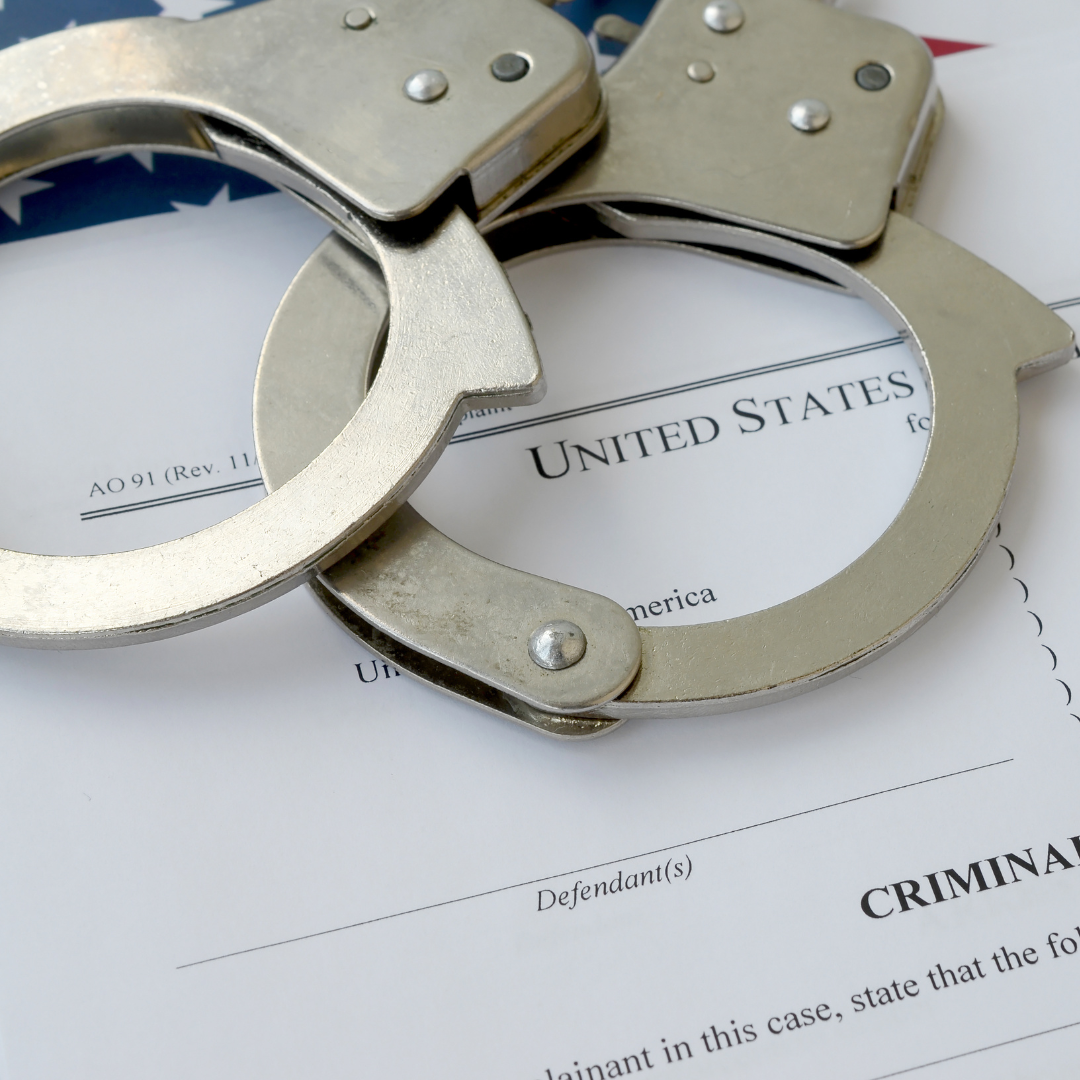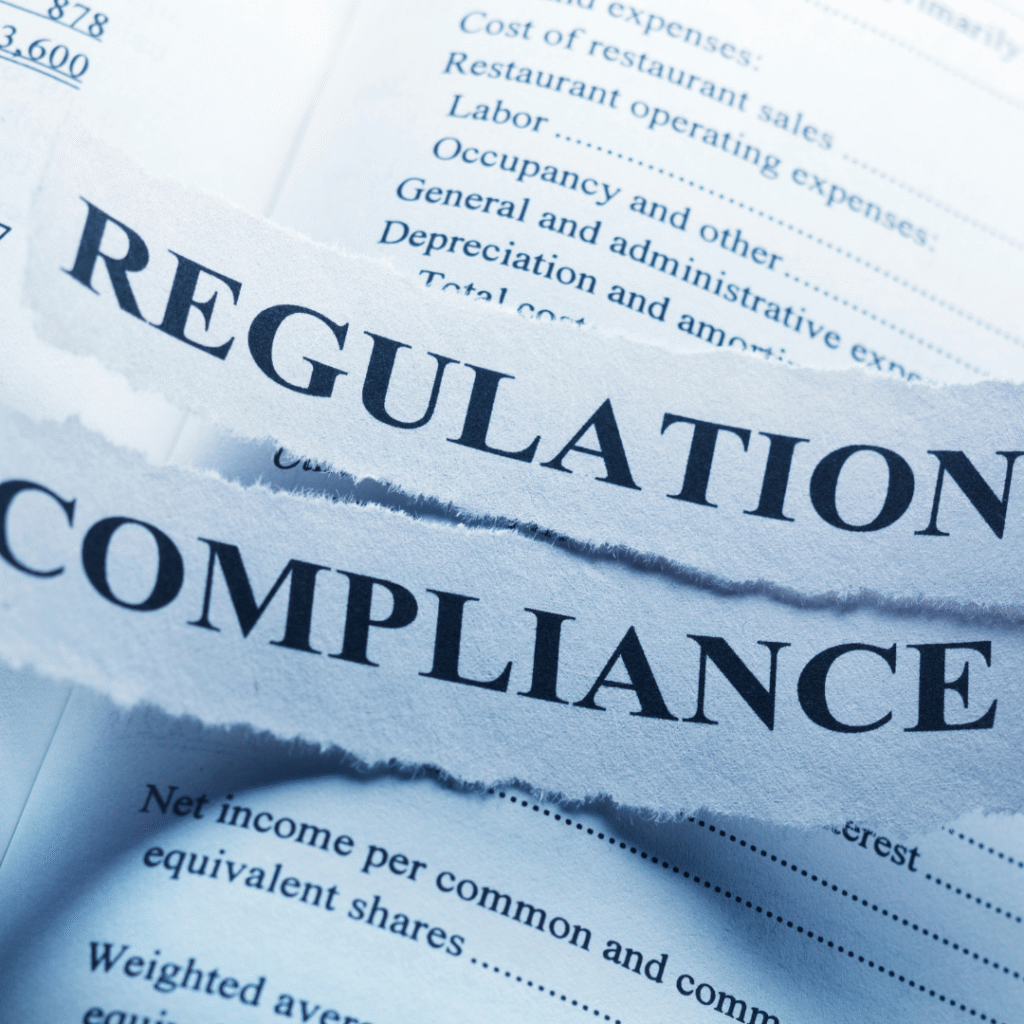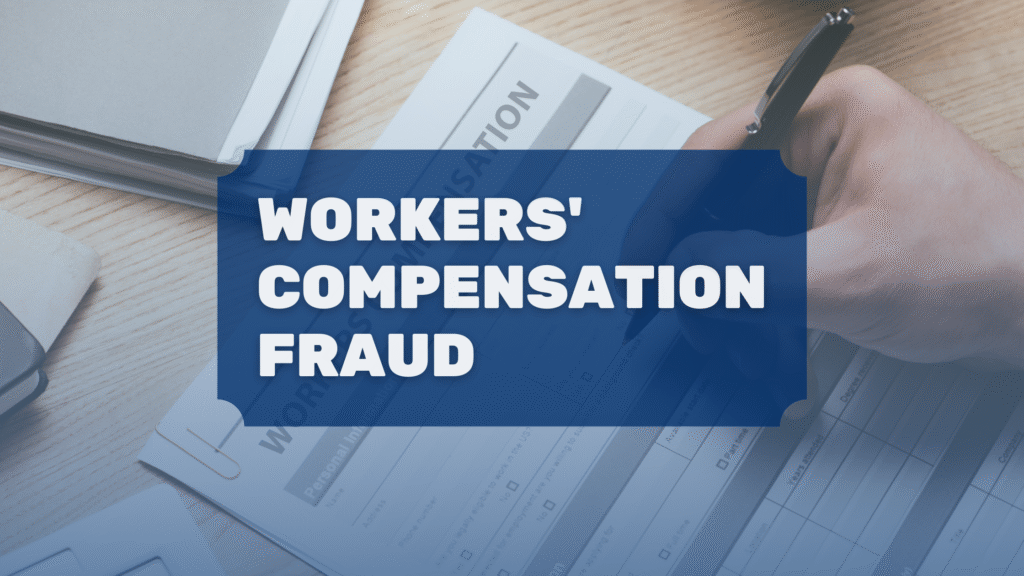August 11, 2025 | JacobiJournal.com – Following the historic $14.6 billion healthcare fraud takedown, federal agencies are doubling down on enforcement efforts under the reactivated False Claims Act Working Group, signaling an aggressive new era of oversight targeting fraudulent billing across the healthcare industry.
The interagency team—led by the Department of Justice (DOJ) and the Department of Health and Human Services (HHS)—has not only revived the Working Group but is reportedly expanding its reach into newly flagged sectors, including behavioral health, teletherapy, and rural clinic billing models.
New Investigations Already Underway
According to DOJ insiders, a second wave of investigations is now underway, focusing on fraudulent claims involving telehealth services, durable medical equipment (DME), and unnecessary genetic testing. These schemes often prey on vulnerable populations and exploit regulatory gaps that emerged during the pandemic.
While the initial healthcare fraud takedown charged 324 defendants—including medical professionals, clinic operators, and telehealth company executives—officials warn that this was just the “first phase” of a longer-term crackdown.
“False Claims Act enforcement is now a frontline priority,” stated an official familiar with the task force. “We’re looking at everything from upcoded services to kickback arrangements involving marketing firms and call centers.”
Enhanced FCA Enforcement Tools in Play
Key to this effort is the strategic use of the False Claims Act (FCA), which allows the government—and whistleblowers—to bring civil actions against entities defrauding federal healthcare programs. By leveraging FCA provisions, the DOJ recovered more than $2.7 billion in healthcare fraud settlements in 2024 alone.
As part of the intensified enforcement strategy, the DOJ-HHS Working Group is coordinating with:
- CMS Program Integrity units
- State Medicaid Fraud Control Units
- FBI healthcare fraud task forces
- U.S. Attorneys’ Offices in high-risk districts
These collaborations are supported by enhanced data analytics tools that allow agents to identify anomalous billing patterns across Medicare, Medicaid, and TRICARE in near real-time. This integrated approach strengthens the government’s ability to execute large-scale healthcare fraud takedown operations, ensuring that fraudulent providers are identified and prosecuted efficiently.
Industry Bracing for Fallout
Legal analysts say the revived working group has put the industry on alert.
“With this level of federal scrutiny, even compliant providers need to reassess their billing practices, referral relationships, and marketing vendors,” said a healthcare fraud defense attorney. “The government isn’t just targeting bad actors—they’re examining entire care delivery ecosystems.”
In the wake of the takedown, several health systems and DME suppliers have launched internal audits, fearing that even minor regulatory violations could result in federal scrutiny or whistleblower claims.
Compliance Tips for Providers
Providers and healthcare businesses should take the following immediate actions to mitigate exposure:
- Conduct internal FCA risk assessments
- Audit billing data and referral relationships
- Review contracts with third-party vendors
- Train staff on anti-kickback and telehealth compliance rules
Experts caution that in today’s climate, ignorance of the law offers no defense.
What’s Next?
More arrests and settlements are expected in the coming months as the DOJ and HHS continue reviewing data and evidence collected during the healthcare fraud takedown operation.
Industry stakeholders should anticipate ongoing False Claims Act enforcement waves well into 2026.
For full case summaries and press releases, visit the DOJ’s official newsroom here.
FAQs: DOJ False Claims Act Enforcement Update
What is the False Claims Act Working Group?
The DOJ-HHS False Claims Act Working Group is a task force dedicated to investigating and prosecuting healthcare fraud involving federal programs like Medicare and Medicaid.
Why is FCA enforcement increasing now?
Federal agencies are responding to widespread abuse of healthcare programs—especially telehealth and DME schemes—uncovered during the $14.6 billion fraud bust. The revived working group enables cross-agency coordination for faster and broader enforcement.
How can healthcare providers avoid False Claims Act liability?
Healthcare providers must ensure accurate billing, avoid illegal referral arrangements, and maintain documented compliance programs. Regular audits and staff training are essential.
Subscribe to JacobiJournal.com to receive weekly enforcement updates, whistleblower case alerts, and FCA litigation insights tailored for legal, compliance, and health sector professionals.
🔎 Read More from JacobiJournal.com:
- DOJ Seeks $11M in Civil Forfeiture Over Miami DME Fraud Scheme
- Brooklyn Woman Pleads Guilty in $68M Medicaid Fraud Scheme
- California Insurance Commissioner Sues Over FAIR Plan’s Smoke Damage Claim Denials
- Sunnyvale Executive Charged in $137M Medicare Advantage Fraud Scheme
- Fourth Circuit Upholds 17-Year Sentence in $12M Medicaid Fraud Case





